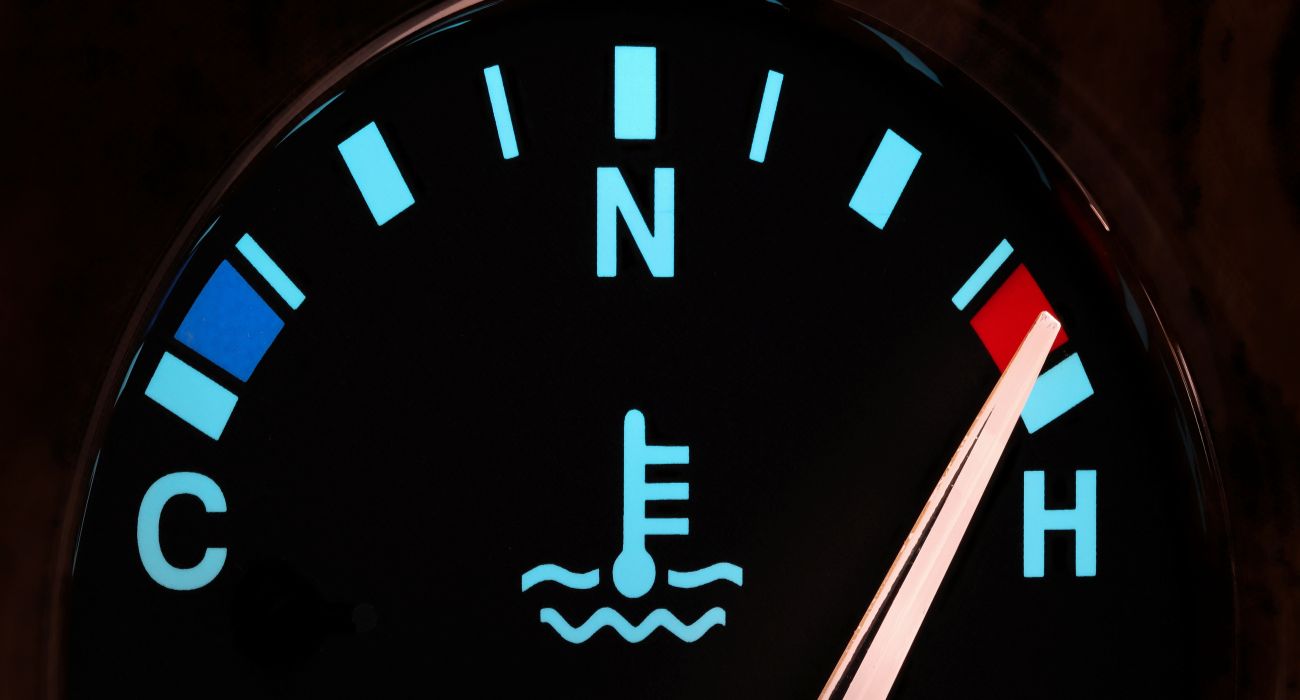Unprecedented heat waves are ravaging Texas, and it’s causing unexpected effects on residents’ vehicles.
As reported in The Dallas Express, the first week of August is projected to be the hottest of the year for North Texas.
The consecutive forecast highs of 105 to 107 degrees in Dallas-Fort Worth are succeeding what has already been a more than 20-day stretch of temperatures over 100 degrees in 2023.
The heat is being felt across the Lone Star State in cities like Austin and El Paso.
But these brutal conditions aren’t just making residents sweat; they are leading to peculiar automobile issues.
In an interview with KXAN, Doc Watson, a national training manager with Bosch Diagnostics, explained that technicians and vehicle specialists have reported encountering more than just the typical problems seen in summer.
When temperatures soar, car batteries and tires tend to suffer the most.
For this reason, tips from experts like the American Automobile Association Texas tend to stress the importance of checking tire pressure regularly to stay safe while driving during scorching temperatures, as recently reported in The Dallas Express.
Nonetheless, Watson said that mechanics are scratching their heads over some strange problems that seem to be heat-induced, including damaged windshields and unresponsive brakes.
“People don’t stop to think about wiper blades — they don’t need them until it rains, right?” Watson told KXAN.
As the sun beats down on the windshield, the heat reflects off the glass, causing the wiper blade’s rubber and plastic components to melt and break.
“The wiper blade breaks and then you’ve got this metal arm scratching the glass,” Watson continued.
He urged fast action when this occurs since the marks left on the windshield might be permanent. The cost of buying new wiper blades is marginal compared to replacing a windshield, he added.
In terms of car brakes, Watson said that technicians have spoken of “brake fade,” according to KXAN.
This phenomenon is when the brake pedal feels spongy. Watson explained to KXAN that this happens when brake fluid inside the master cylinder traps moisture, and then this moisture expands.
In this case, Watson advised quickly taking your vehicle into the shop.
Regardless, Watson suggested that Texans add another level of vigilance to their regular car maintenance routine.
Coolant levels and engine oil levels are crucial to keep an eye on since temperatures can reach 230 degrees under a vehicle’s hood, the diagnostician said.






